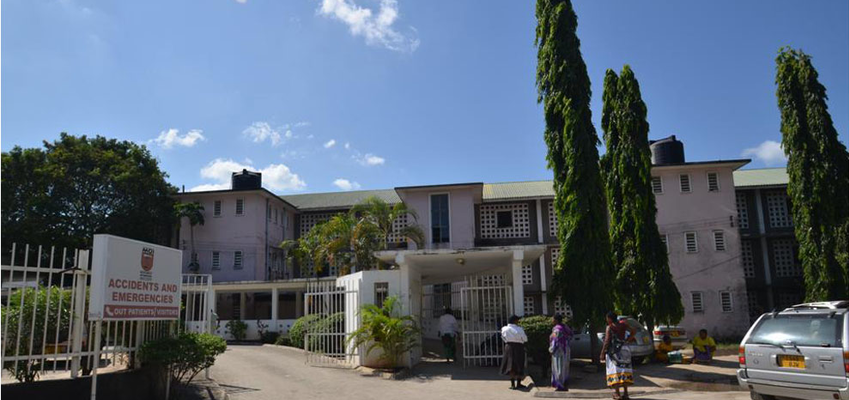
Two orthopaedic surgeons are making final preparations for a two-week stint in east Africa, volunteering with a local hospital in Tanzania to treat children and adults with bone and joint problems.
The trip will see a volunteer team of senior doctors using their annual leave to visit the country and carry out knee and hip operations, and other reconstructive surgery, at the Muhimbili Orthopaedic Institute in Dar es Salaam. The care will improve the lives of patients whose conditions would otherwise go untreated due to a lack of specialist skills in the country.
Consultant Paediatric Orthopaedic Surgeon, Jo Dartnell and Consultant Orthopaedic Surgeon, Nick Bowman are part of the Trauma and Orthopaedics department at Maidstone and Tunbridge Wells NHS Trust (MTW), caring for patients with disorders of the bones, muscles and joints. During the trip they will support surgeons in the Institute to develop their skills, such as learning how to perform an ACL (anterior crucial ligament) reconstruction without using expensive implants.
Nick Bowman specialises in knee surgery including joint replacements, cruciate ligament reconstructions and keyhole procedures. He is leading a pioneering reconstructive knee surgery trial using the hamstring tendon from a parent to repair torn anterior cruciate ligaments in children.
Nick has twice visited Malawi to carry out similar volunteering work, with a previous trip just before the start of the pandemic. Conversations with a group of doctors from a number of NHS trusts who all teach together in the UK helped develop plans for the Tanzania trip which includes eight consultant orthopaedic surgeons from across the country.
Paediatric Orthopaedic Surgeon, Jo Dartnell specialises in treating children with limb deformities, performing lengthening and reconstructive surgery, as well as paediatric hip and knee surgery. During the trip, Jo will operate on children who have had trauma injuries and infection, and now need reconstructive surgery to improve their mobility. She will also treat patients who have congenital hip dislocations and other conditions that have gone untreated.
The team of senior doctors from the UK will teach the local teams what to do in these cases and how to care for the patients afterwards.
The project has involved months of planning, with a visit to Tanzania in October to meet the staff and help prepare the team and equipment needed for the trip. Doctors from both hospitals have had a series of virtual meetings to discuss their patients before the trip begins, so they can start operating as soon as possible once they arrive.
They will take with them almost £1 million of decommissioned equipment which has been donated by medical equipment suppliers such as Smith and Nephew, Joint Operations and Hospital Innovations to the British Orthopaedic Association. These range from surgical gowns and gloves, to crutches and surgical boots, and the team will leave these behind for the Institute to use.
Nick Bowman said: “This trip has been months in the planning and we are incredibly grateful to the staff at the Muhimbili Orthopaedic Institute for their support. Our hope is that we will foster long-term links with the Institute to allow more visits in the future, perhaps with a larger team including physiotherapists and surgical care practitioners, and eventually we would love to see some doctors from the Institute coming to the UK to help develop their skills with us here.”
Jo Dartnell said: “As a teaching trust we are all involved in education and we are used to sharing our knowledge and helping colleagues build up their skills. This trip is a really important opportunity not only to pass on our expertise as orthopaedic surgeons but also to make a real difference to the lives of people in another part of the world.”
